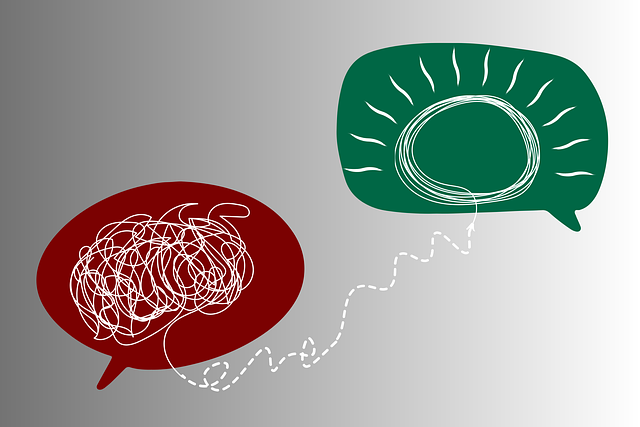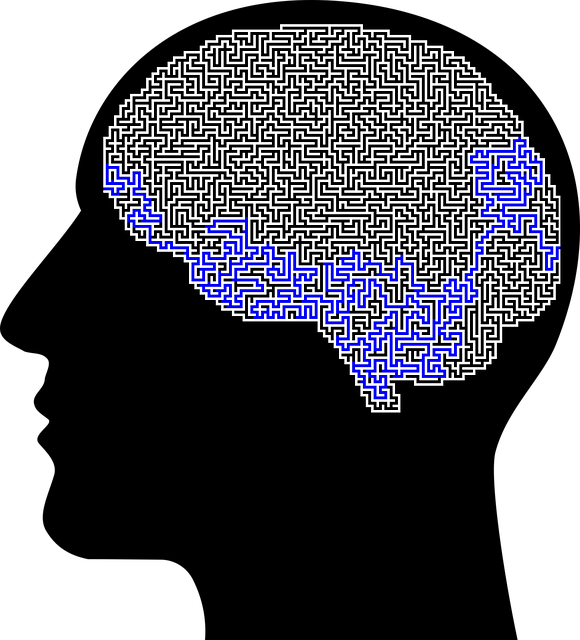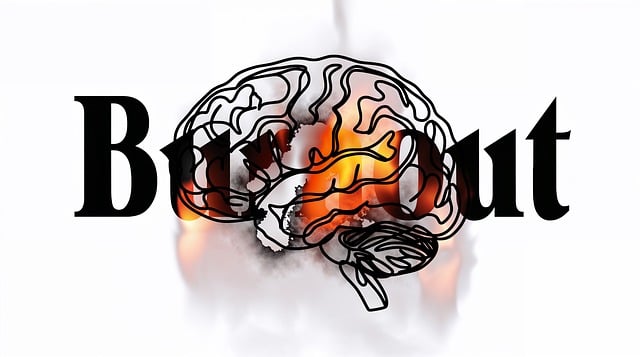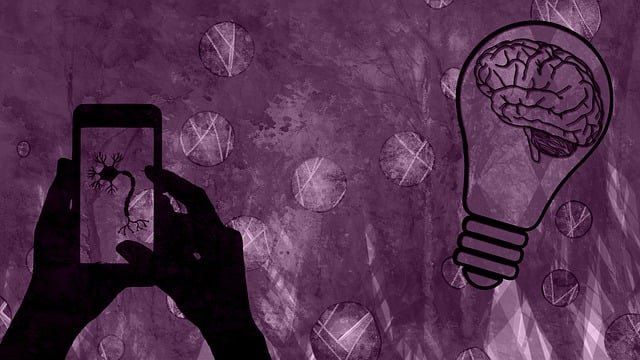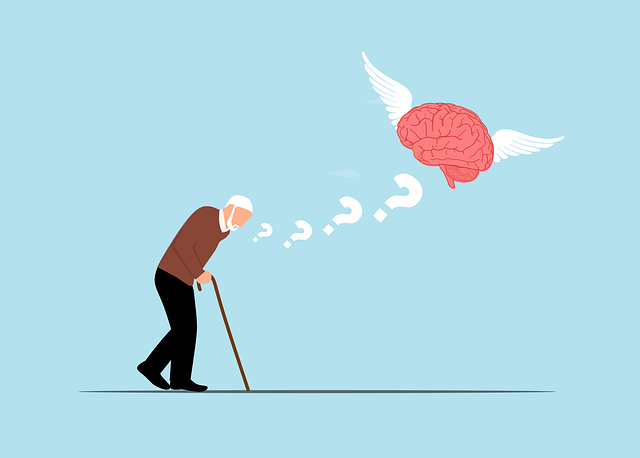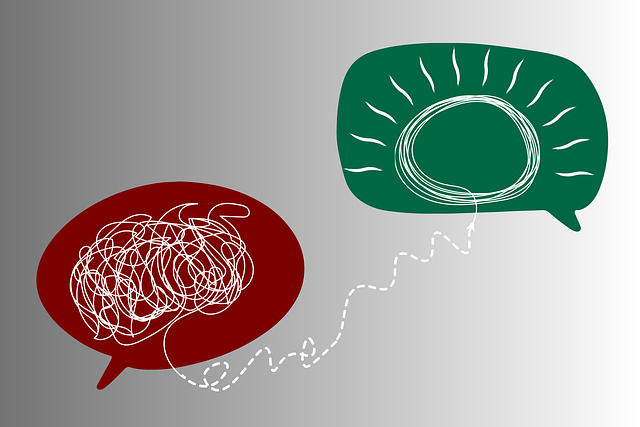Mental health challenges, notably bipolar disorder, among elders are prevalent but often overlooked. Effective therapy involves tailored interventions like empathy building, coping skills development, and stress management techniques, empowering individuals to navigate mood episodes and reduce stress triggers. Coaching programs should address symptoms, promote control, and enhance social engagement through community outreach, contributing to improved wellness, confidence, and resilience. Key therapies include Cognitive-Behavioral Therapy (CBT), with personalized treatment plans tracking mood stability, energy, sleep, relationships, and quality of life, while cultural sensitivity ensures accessibility for diverse elder populations.
Mental wellness coaching programs are gaining prominence in addressing unique challenges faced by elders, particularly those with bipolar disorder. This article delves into the significance of understanding mental health issues prevalent among this demographic and explores effective coaching strategies tailored to their needs. We examine designing comprehensive programs, implementing tailored interventions, and evaluating success through rigorous assessment. By focusing on therapy for elders with bipolar disorder, we aim to enhance their quality of life and promote robust mental wellness.
- Understanding Mental Health Challenges Among Elders and Bipolar Disorder
- Designing Effective Coaching Programs for Elderly Individuals with Bipolar Disorder
- Implementing and Evaluating the Success of Therapy Interventions
Understanding Mental Health Challenges Among Elders and Bipolar Disorder

Mental health challenges among elders are often overlooked but prevalent. As our population ages, understanding the unique struggles they face is crucial. Elders may experience a range of issues, including depression, anxiety, and even bipolar disorder, which can significantly impact their quality of life. Bipolar disorder, in particular, is characterized by extreme mood swings, from manic episodes of elevated energy to depressive periods of sadness and hopelessness. This complex condition requires specialized therapy for elders, addressing the unique cognitive and emotional changes associated with aging.
Effective therapy for elders with bipolar disorder involves tailored interventions. Empathy building strategies can foster deep connections between coaches and clients, promoting a safe space to discuss experiences. Coping skills development is essential, teaching elders healthy mechanisms to navigate mood episodes. Additionally, stress management techniques empower individuals to reduce the impact of stressors known to trigger bipolar symptoms. Through these comprehensive approaches, mental wellness coaching programs can offer transformative support tailored to the specific needs of elderly individuals grappling with bipolar disorder.
Designing Effective Coaching Programs for Elderly Individuals with Bipolar Disorder

Designing coaching programs tailored for elderly individuals with bipolar disorder requires a nuanced approach, considering the unique challenges and strengths that come with aging and mental health history. Effective therapy for elders with bipolar disorder should not only address symptoms but also foster coping skills development and promote a sense of control. Coaches can help them navigate mood fluctuations by teaching strategies to recognize early warning signs and implement effective crisis management plans.
Community outreach program implementation plays a significant role in supporting these individuals, offering opportunities for social engagement and enhancing their sense of belonging. By combining therapeutic techniques with community integration, coaches can contribute to improving overall mental wellness, boosting confidence, and fostering resilience in this vulnerable population.
Implementing and Evaluating the Success of Therapy Interventions

Implementing effective therapy interventions is a cornerstone of mental wellness coaching programs, especially for older adults struggling with bipolar disorder. A well-structured approach should consider personalized treatment plans tailored to individual needs and preferences. Cognitive-behavioral therapy (CBT), a widely recognized technique, has shown promise in managing symptoms of bipolar disorder by identifying and modifying negative thought patterns and behaviors.
When evaluating the success of these interventions, it’s crucial to incorporate both qualitative and quantitative measures. This includes tracking changes in mood stability, energy levels, and sleep patterns through regular assessments. Additionally, gauging improvements in overall functioning, relationships, and quality of life can provide a holistic view of an individual’s progress. The role of cultural sensitivity in mental healthcare practice is also significant, ensuring that interventions are accessible and respectful to diverse older adult populations.
Mental wellness coaching programs tailored for elderly individuals with bipolar disorder offer a promising approach to enhancing their overall well-being. By understanding the unique challenges faced by this demographic, we can design effective interventions that significantly improve their quality of life. Through careful implementation and ongoing evaluation, these programs have the potential to revolutionize therapy for elders suffering from bipolar disorder, providing them with the tools and support needed to navigate their symptoms and thrive.

